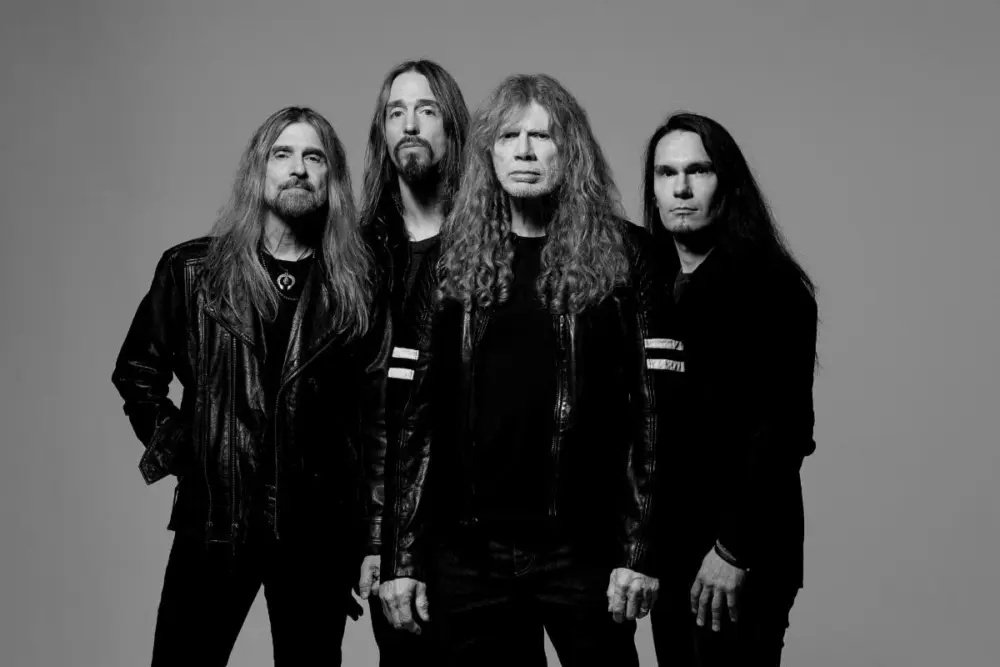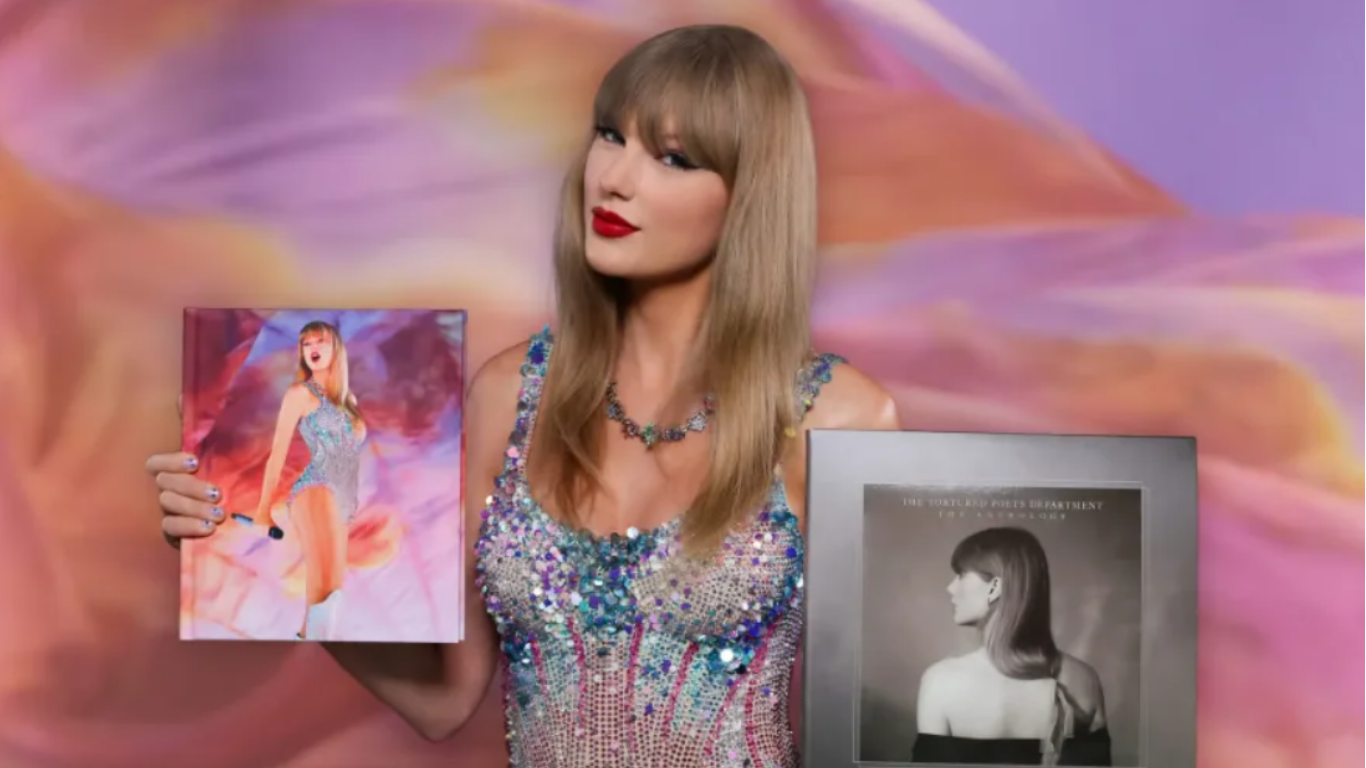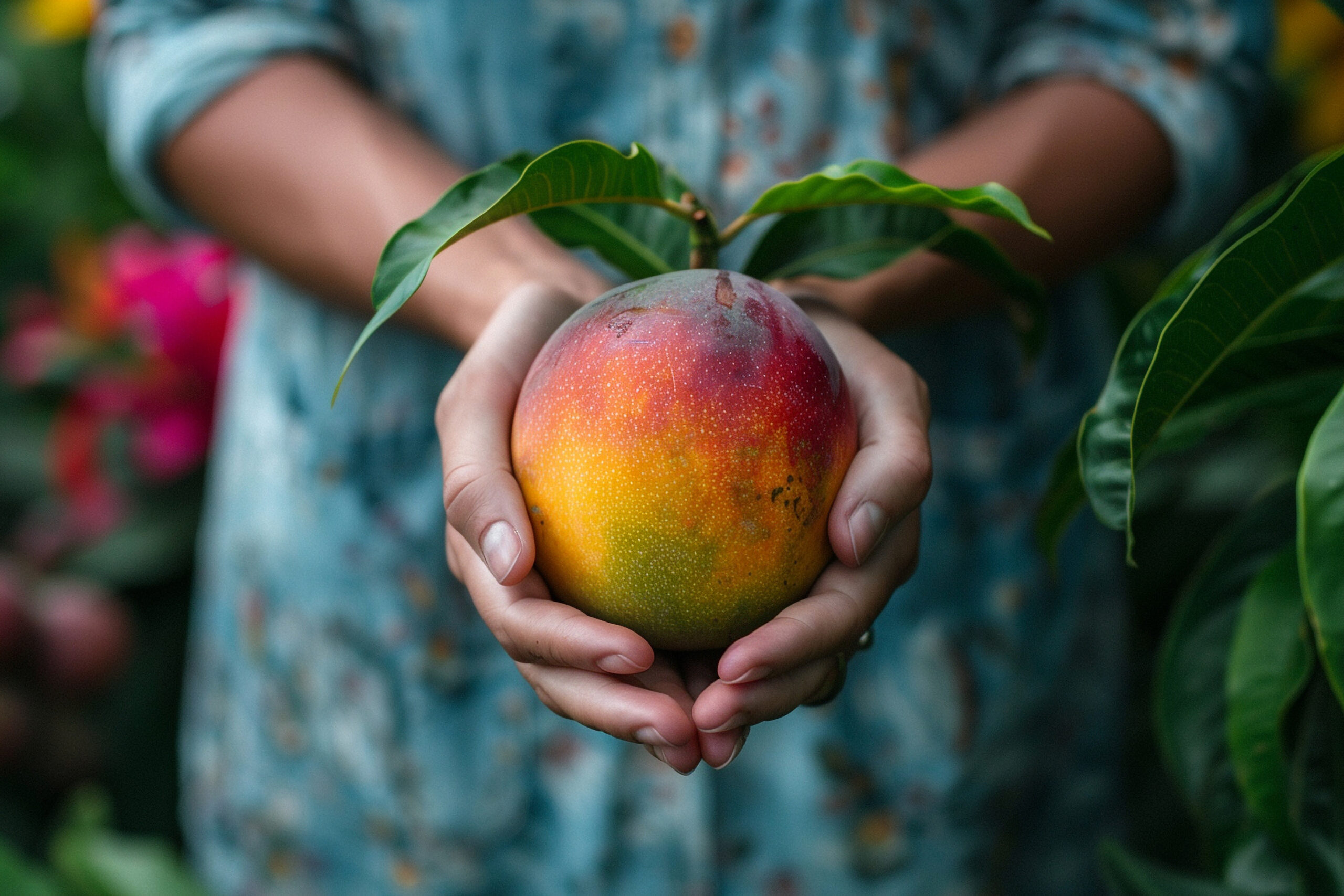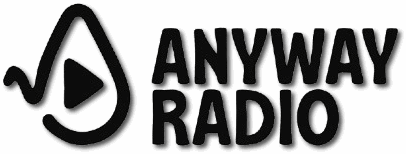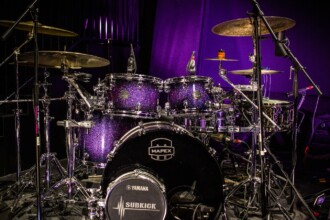Top Free Royalty-Free Music Websites for Producing Safe and Lawful Content
Background music can make or ruin a project, whether you’re creating a digital advertisement, editing a school presentation, creating a podcast, or creating a YouTube video. However, using copyrighted tracks—or even ones that are mistakenly labelled as “free” can result in demonetization, content removals, or legal issues.
This article provides useful, doable answers to one of the most frequent issues that professionals and creators deal with daily: locating high-quality, royalty-free music that is actually free to use.
The Reasons Royalty-Free Music Isn’t Always Safe or Free
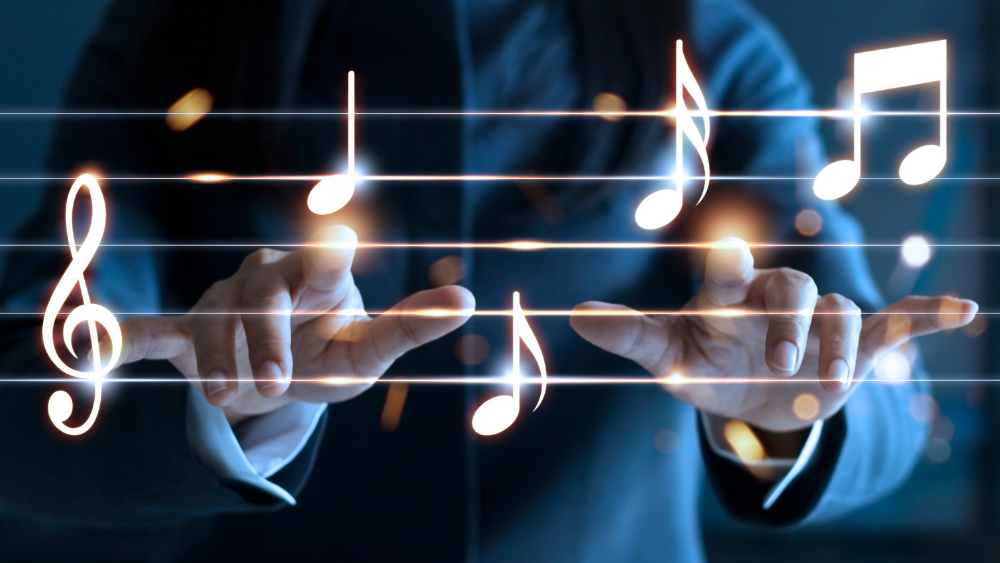
Image source:charitydigital.org.uk
The term “royalty-free” may not always be accurate. It doesn’t always imply “no cost,” and it most definitely doesn’t imply “risk-free.” After downloading tracks marked as “free” without fully reading the terms attached, many creators have found themselves in hot water.
This is the main problem:
- When a piece of music is royalty-free, the creator is exempt from having to pay recurring royalties each time it is used.
- However, a lot of songs still have one-time licensing costs or place restrictions on where and how they can be used.
- While some licenses prohibit commercial use, others demand attribution.
Even if you believed the song was free, you could still face a copyright strike if you don’t read and abide by the licensing terms.
Real-World Issues People Have With “Free” Music
It’s not only a creative decision to use music online; it’s also legal. Almost every day, marketers, educators, content producers, and entrepreneurs deal with the following problems:
Receiving Copyright Violations on Instagram or YouTube
Platforms employ automated content recognition tools (such as YouTube’s Content ID) to flag or mute videos that contain copyrighted content, even if the music says “free.” Your video might be removed or demonetized if you are unable to provide proof of your license.
Ignoring Attribution Requirements or Creative Commons
Creative Commons music frequently has restrictions, like requiring proper credit or only being used in non-commercial projects. The license might be broken by using the track in a commercial video or by not giving credit.
Repetitive or low-quality music libraries
Some free music websites have a lot of old songs, few genres, or audio that isn’t very good. These could have a detrimental effect on your project’s professionalism, engagement, or tone.
Why Use a Free Royalty-Free Music Website?
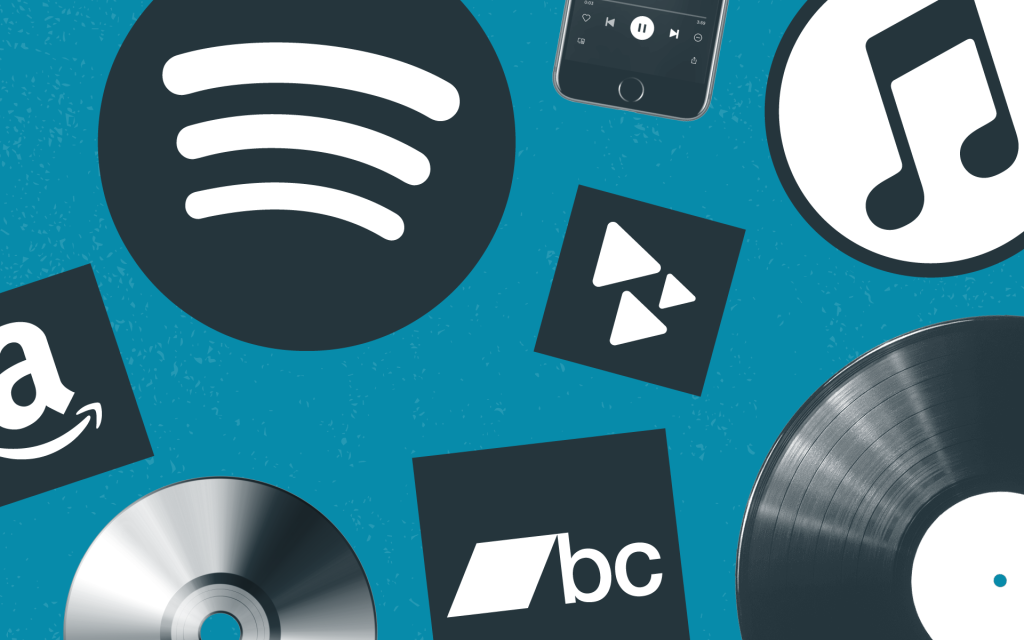
Image source: soundiiz.com
Free downloads are not the only thing available on the top music websites. They save you time, safeguard your content, and make it simple to locate tracks that match your preferences. When assessing a platform, search for:.
- Clearly stated licenses: You should be able to tell right away what you can and cannot do with a track.
- Permissions for commercial use are crucial for companies, YouTubers, and anybody else looking to make money off of their content.
- No need for attribution (if at all possible): Particularly helpful for social media posts, client work, and advertisements.
- Superior audio quality: Tracks that are expertly mixed and mastered enhance user experience and audience retention.
- arranged according to use case, genre, or mood: to locate appropriate tracks more quickly.
The Greatest Royalty-Free Music Websites Available Right Now
These are the most reliable and practical royalty-free music websites that are truly free—without sacrificing quality or legal security—after dozens of platforms were evaluated.
Pixabay Music
Pixabay is now a popular site for royalty-free images, but its music section is equally useful. The custom license offered by Pixabay permits commercial use of all music without giving credit.
- arranged according to mood and genre
- Every song is suitable for YouTube and paid content.
- Simple downloads and a clear user interface
Free Music Archive (FMA)
The Free Music Archive is a carefully curated collection of independent music that was first created by WFMU radio. For artists seeking out unconventional songs or creative commons-licensed material, it’s perfect.
- Numerous artists and genres
- Read carefully because some licenses call for attribution.
- Ideal for non-commercial and educational purposes
YouTube Audio Library
For content creators, YouTube offers a royalty-free library that is safe for monetization. You can sort the tracks by genre, length, and mood.
- Particularly beneficial for YouTubers
- Certain tracks need credit—details are prominently displayed.
- consists of music and sound effects.
Incompetech by Kevin MacLeod
Video editors and game designers have long favored Incompetech, a pioneer in royalty-free music. There is a licensing option if you would prefer not to give credit, and many tracks are free with attribution.
- Various styles, particularly cinematic and orchestral
- Perfect for dramatic videos and narratives
- Simple to download and preview
Bensound
Bensound provides contemporary, well-produced music for social media clips, explainer videos, and business presentations. Use for non-commercial projects with attribution is covered by the free license.
- Excellent compositions and a sleek user interface
- Licenses for commercial use that are reasonably priced
- Excellent for expert branding
How to Safely and Legally Use Free Royalty-Free Music
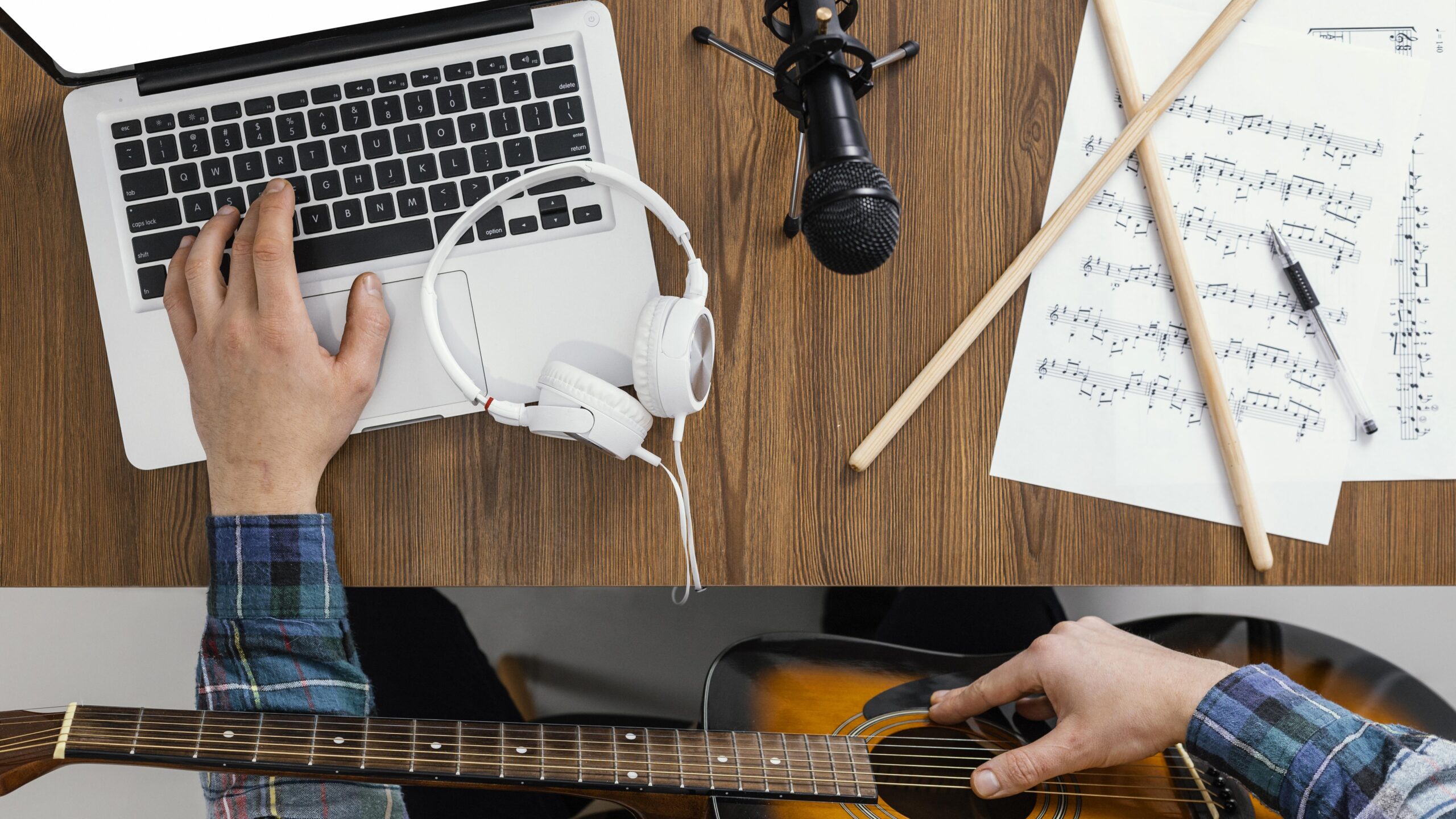
It is only beneficial to have access to royalty-free music if you use it sensibly. Every time you download and use a track, follow these helpful steps:
Read and Save the License
Always download or take a screenshot of the license for each track, even if the website appears reliable. In the event of a copyright dispute, this serves as your proof of authorization.
Keep a Track Log
Create a basic spreadsheet with the license type, date downloaded, track name, and source. If a platform challenges your usage, it can save you hours and takes less than a minute.
Don’t Modify Restricted Tracks
Certain free music cannot be remixed or changed. Verify that the license allows you to cut, loop, or layer the music.
Common Applications of Royalty-Free Music
YouTubers are not the only users of these music resources. Across platforms and industries, people use free music without any royalties in the following ways:
Small Business Marketing
Without employing composers or paying royalties, small businesses can use background music to add professionalism and emotion to promotional reels, videos, and product showcases.
Teachers and Online Educators
Teachers frequently require copyright-protected audio for digital storytelling, online courses, and presentations in the classroom. Without breaking the bank, royalty-free tracks offer a legitimate solution.
Social Media Creators
Background music is used by Facebook video producers, Instagram influencers, and TikTokers to captivate viewers. You can increase the volume of your content while keeping costs down by using free music.
Freelancers and Designers
Background music can make your work come to life, whether you’re making web presentations, animations, or explainer videos. Using royalty-free libraries facilitates and secures client delivery. Background music can make your work come to life, whether you’re making web presentations, animations, or explainer videos. Using royalty-free libraries facilitates and secures client delivery.
Steer clear of these typical blunders when using free music.
Even seasoned creators occasionally make errors that result in demonetization or content removal. Here’s what not to do:
- assuming that every Creative Commons song is identical. The terms of each CC license vary. Verify whether commercial use is permitted at all times.
- disregarding the rules of attribution. You could still face legal repercussions if you fail to give credit to the artist.
- utilizing music from unreliable sources. Content that has been stolen or mislabeled may be found on arbitrary blogs or forums that offer “free music.”
Keeping abreast of music licensing regulations
The licensing of music is dynamic. Tracks may be deleted because of copyright issues, or platforms may change their terms. Keep your content safe by:
- Receiving newsletters or platform updates
- Obtaining a local copy of every song and license
- Keeping track of official websites from being re-uploaded by third parties
Conclusion: Music Without Concern
One of the greatest resources available to contemporary artists, marketers, and educators is free music with no royalties. However, convenience should never come at the expense of legality or quality.
You can create powerful, expert content without running the risk of copyright claims or expensive licensing errors by using reliable platforms like Pixabay Music, FMA, or YouTube Audio Library and following the instructions in this guide.
Always read the license and give the artist credit when in doubt. Long-term project protection can be achieved by investing a few more minutes in research up front.
FAQs
- Can I use music without a royalty in YouTube videos that are paid for?
Yes, provided that there are no limitations on monetization and that the track license permits commercial use. Before publishing, always make sure the license is correct. - Does free music always require attribution?
No. Some platforms provide tracks that don’t require attribution. Others, such as Creative Commons licenses, frequently call for giving the artist credit. Examine each track’s usage guidelines. - Can I remix or edit music that doesn’t have a royalty?
only if it’s permitted by the license. While some tracks may not allow for alteration, others may allow for free cutting, looping, or remixing. Before making any changes to an audio file, always double-check.
